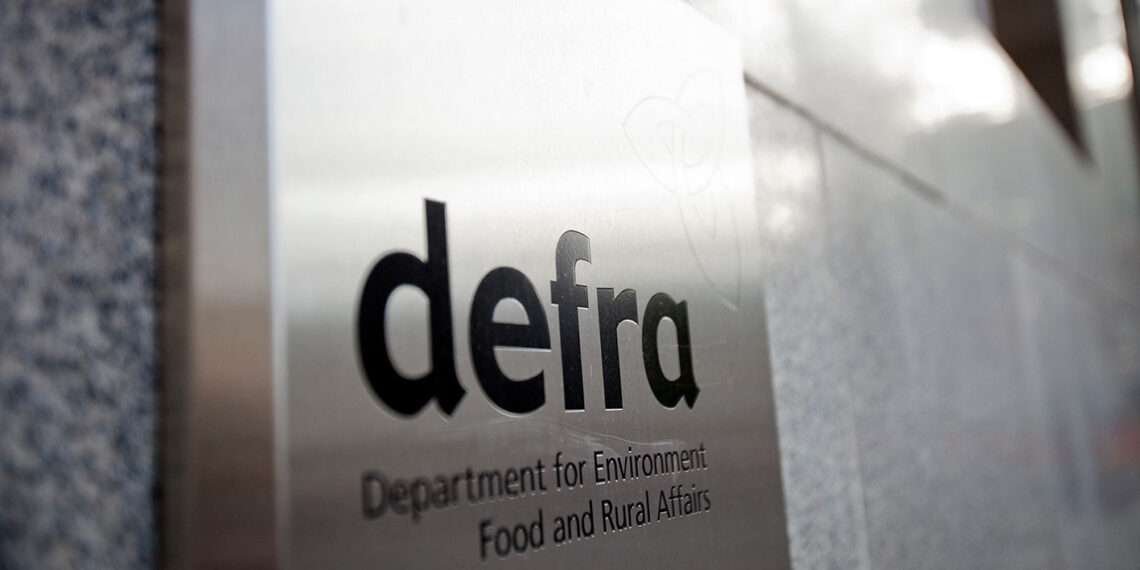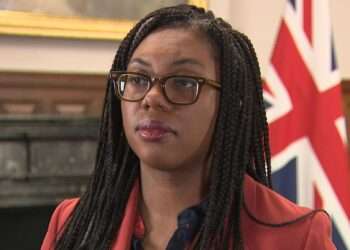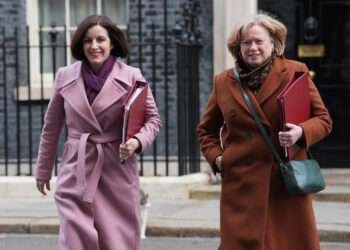Farmers across England are facing economic turbulence as income fell sharply last year due to severe weather and reduced government subsidies.
Data from the Department for Environment, Food and Rural Affairs (defra) shows income declined across most farm types in 2023, amplifying concerns over the future of the agricultural sector.
The most significant financial blow was experienced by cereal farms, where average incomes dropped by an alarming 73%. General cropping farms saw a 24% decrease, while dairy farm incomes plunged by 68%.
On lowland-grazing livestock farms, average income fell by nearly 25% to £17,300, driven by reduced yields from crops and sheep farming. According to experts, these challenges are exacerbated by extreme weather events, increasingly linked to climate change, which submerged crops and disrupted yields.
Although post-Brexit environmental schemes provided a small lifeline — net income from these agri-environmental activities increased by 14% to £10,600 — it was not enough to offset broader losses.
Industry Voices Sound the Alarm
Farmers fear that worse is yet to come. Olly Harrison, a cereal farmer near Liverpool, stressed that this year’s harvest has been catastrophic.
“That data is a year out of date. We’ve had the worst harvest ever just now for cereals: no sunlight in June, poor planting last autumn, the perfect storm, floods – [income] will go down next year.”
Olly Harrison
He warned that food self-sufficiency has likely declined after this year’s disastrous yield.
Harrison highlighted that with proper government investment, farmers could improve food security and support nature through advanced practices like no-till farming and sustainable crop management.
Changes to Farm Payments Stir Outrage
Adding to farmers’ woes, the government’s decision to cut the EU-derived basic payment scheme has sparked frustration. In Parliament, Liberal Democrat environment spokesperson Tim Farron stated, “The government has rashly cut the basic payment by 76%. That will hit livestock farmers, upland farmers, dairy farmers and destabilise the whole industry.”
Responding to criticism, farming minister Daniel Zeichner defended the Labour government’s strategy, calling it the “biggest boost to sustainable farming that the country has seen.” He emphasized that changes were aimed at addressing the global climate crisis and restructuring agricultural support to be more environmentally focused.

However, data from the Agricultural Industries Confederation (AIC) reveals that these cuts have been far deeper than anticipated. While the post-Brexit transition plan initially promised a gradual phase-out of area-based subsidies, a sudden 79% reduction announced in the latest budget left many farmers blindsided.
The AIC found that a farmer who received £62,000 last year expected a drop to £38,000 but will now receive just £7,200 — a shortfall that could threaten the survival of smaller farms.
Calls for Sustainable Solutions
Martin Lines, CEO of the Nature Friendly Farming Network, advocated for a fairer approach. “Farmers need fairer prices for their produce and better treatment across supply chains, along with international trade deals that don’t undercut them by allowing imports from countries with lower welfare and environmental standards,” he said.
He underscored that working with nature is critical, especially as extreme weather becomes more frequent. “It should be clear by now that maintaining food security and protecting nature cannot be separated,” Lines added.
Minister Zeichner assured that the government is committed to supporting farmers, stating, “This government recognises food security is national security and our commitment to farmers remains steadfast.” He pointed to the allocation of £5bn for the farming budget over two years and promised that up to £60m in recovery payments would be available for farmers affected by recent severe weather.
The ongoing debate over how best to balance economic viability, food security, and environmental stewardship will be a significant focus in the months ahead.
READ ALSO: A Tale of Economic Visions: Sammy Gyamfi vs. Ernest Adade





















